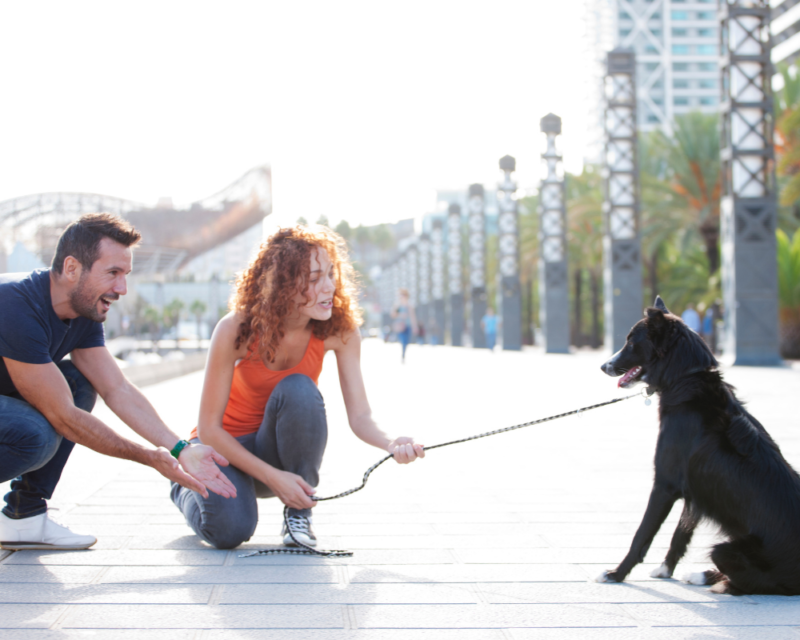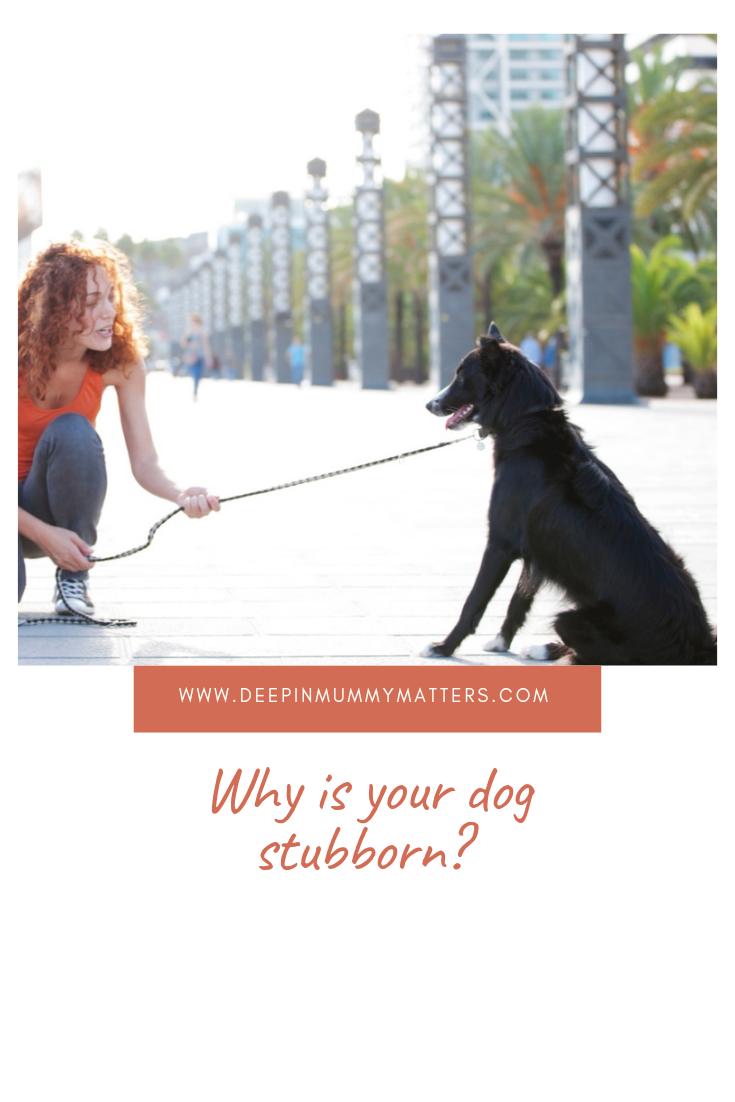Oftentimes, do you feel your dog is intentionally ignoring you and just acting stubborn? Well, the feeling is mutual among dog parents. You are not alone, so do not panic just yet. Many dog owners feel as though their dogs are stubborn, and they get frustrated. They’re not sure how to manage the situation and control their dog.
That is when dog owners use shock collars to control them. Stubborn dogs can be quite a challenge. But a dog that seems stubborn may actually be a dog confused—has no idea what is being asked of him—is not properly trained, and is unmotivated. But with the right training and simulation, they can also learn new tricks and desirable behaviour.

We tend to associate “stubborn” with “not doing what is asked of them,”—and this is mainly true when their dog has successfully done the desirable manner on cue before.
So, what makes it different this time?
Well, the difference this time is that the dog owner is not giving motivation. Like any other animal, dogs need the motivation to do behaviours. In most cases, people have the mentality to assume that the dog should do it again because they have done it before; or that they should do it because a dog owner said so. Neither of these will give you the good results that you want. It will only lead to one thing—frustration.
Fortunately, you can fix this challenging problem and build a smoother relationship with your dog once you get a grip on why your dog is acting “stubborn”.
How do we get our “stubborn” dogs to listen to us without it being a battle for power?
There are a few effective ways to motivate your dog. Professional dog trainers swear by the Reward approach. It is the easiest answer in the book to teach your dog how you want things to be done. On a side note, the behaviours that we want should also work best for them. What stuff does your dog like? Do they have favorite treats? Once you figure it out, you can use this information to reward your dog. Reward your dog with the stuff that they like when they do what is being asked of them. Take away stuff that they like when they exhibit undesirable behaviours.
Have a treat bag ready full of their favourite treats. This is the most effective way to reward good behaviour. You will have a motivated dog once they know that rewards come from the good behaviours you ask for.
Do you only have your dog’s ears when there isn’t anything else going on?
Yes? Perhaps you have only trained your dog in a distraction-free environment. When training your dog, it is important to incorporate a few distractions at a time; so that your dog comprehends that he has to listen to you—even when a cat jumps in front of him or if you have friends over. In this manner, your dog is trained in the skills and behaviour that are important to you.
What reinforcements are you implementing? Are they really exciting for your dog?
For instance, your dog will do anything for a chance to play catch. So, a ball ultimately outranks a spoonful of peanut butter. Reinforcers that are positive add something to increase good behaviour; while negative reinforcers remove something away.
Dogs learn to snub instructions that are not beneficial or reinforcing to them. You reiterating your command without seeing the result you would like, just means your dog comprehends that the word you are uttering can be ignored. Repetitions of this only make things worse.
What do you do when your dog ignores you?
Is the behaviour you are asking your dog to show too new for the surrounding? Have you inadequately trained the behaviour in a calm environment first? Even with our advanced language skills, humans would need time to settle into a new place. Just like us, dogs need time to adjust as well. It does not mean they are free to do unwanted things like breaking your vases or destroying your garden; it only means we need to be more patient.
Final Thoughts
Without being a yapper about this, if you stay consistent with rewarding good behaviours, you will find that the occasions, where your dog seems to be stubborn, are infrequent to non-existent; this will ultimately lead to a happier and stress-free life with your dog and less of a power-strife.
All things considered, it’s far more likely that dog owners need to back off a little in their own communication skills than it is that their dog is intentionally ignoring them. After all, humans have bigger brains (thank God!), so let us work to apply that intelligence and set our furry friend up to succeed.


